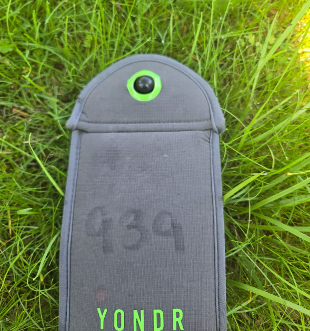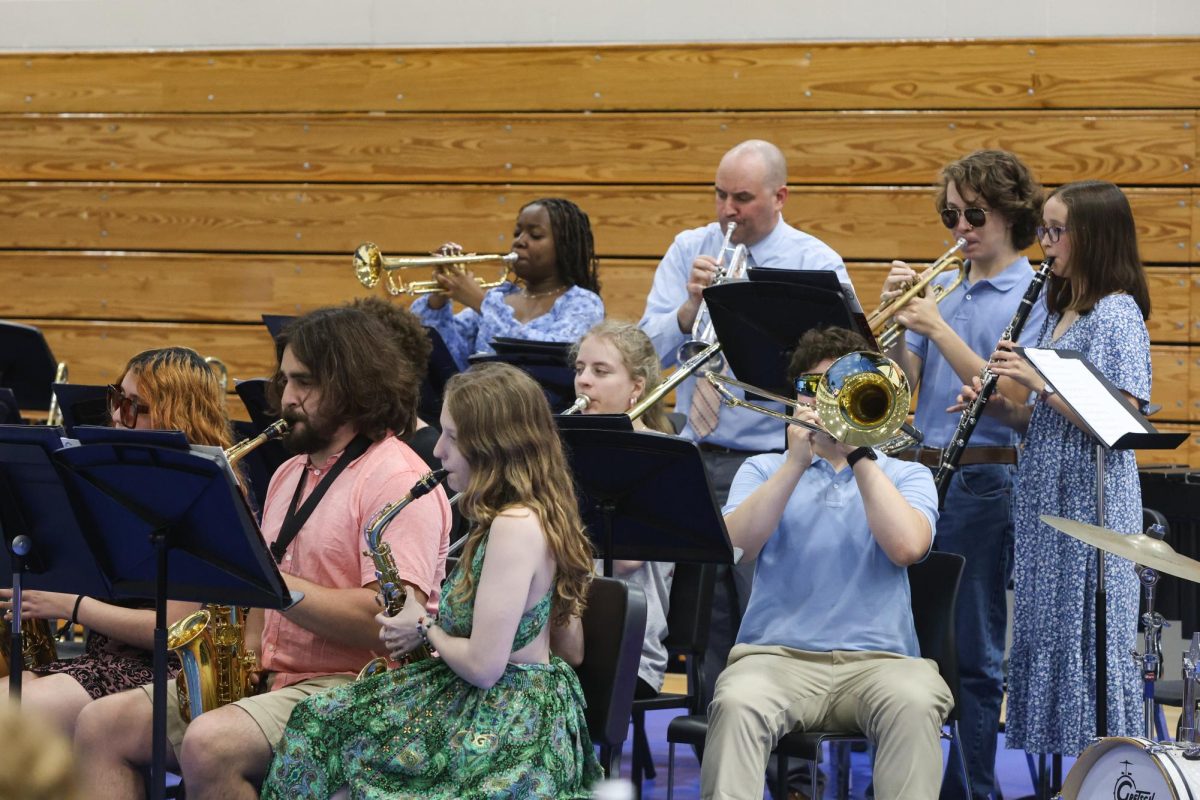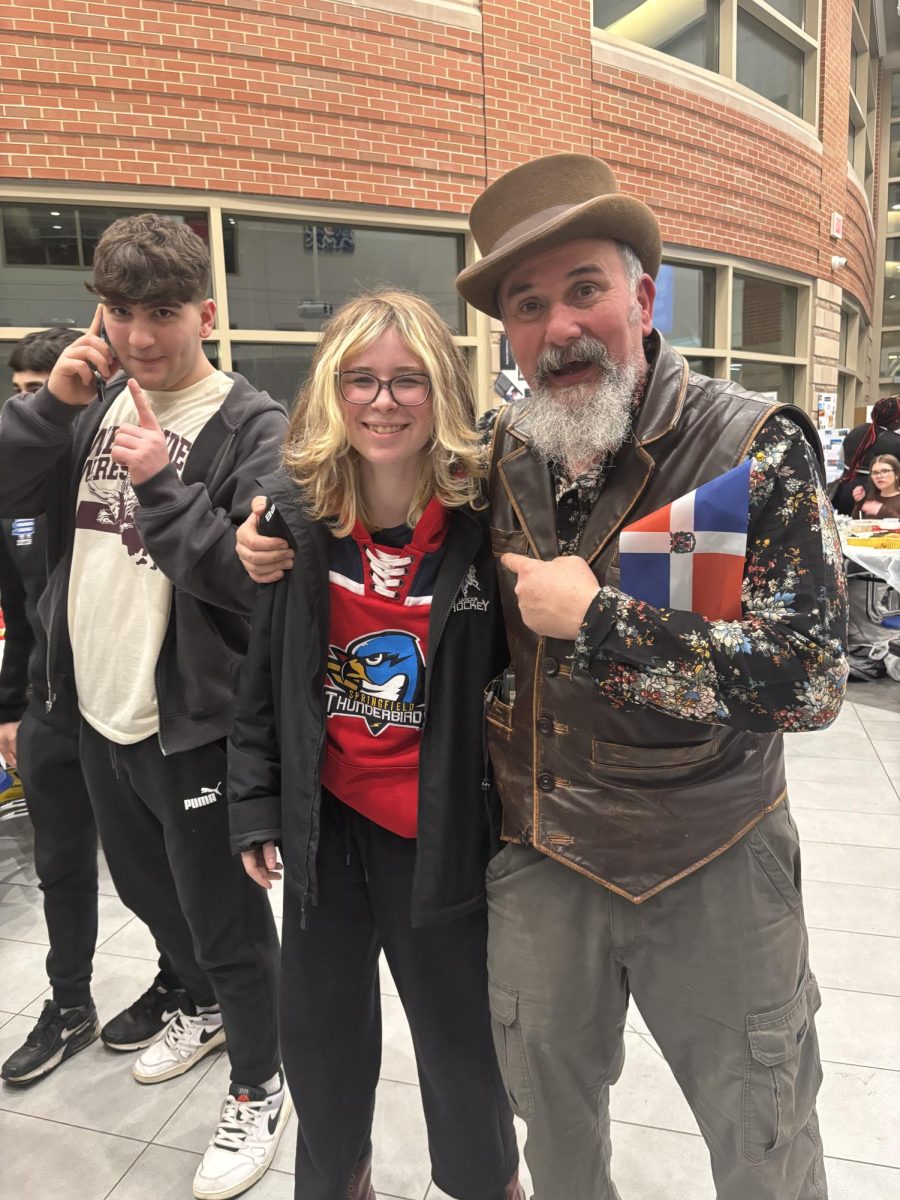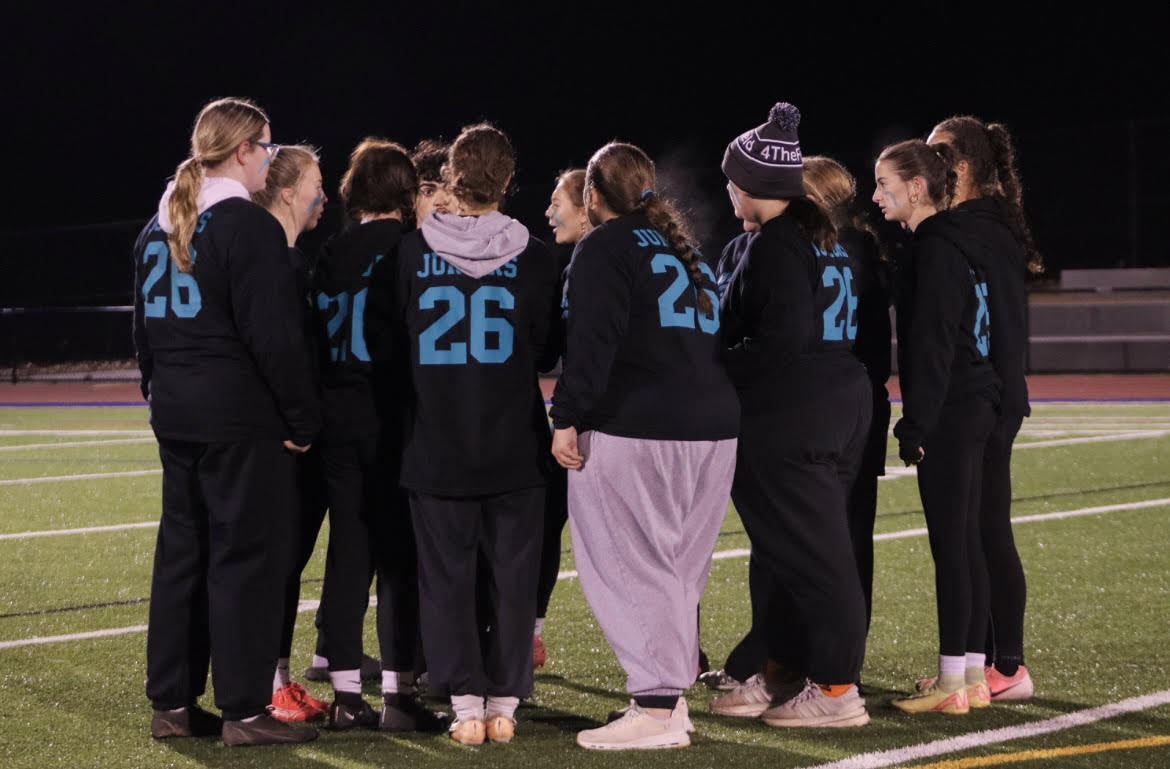
August 29, 2024 marked the first day of school for students at West Springfield High School, and with it came a new policy banning students’ cell phone use as well as the use of other electronic devices during the school day. The locking and unlocking of Yondr pouches upon students’ arrival to school and at dismissal became a regular part of their routine. Now, with only a few weeks left to the 2024-25 school year and despite students’ readiness to turn them in, the Yondr pouches proved, for the most part, to be a success, making West Side a part of the growing trend across America for phone-free schools.
Phone restrictions and bans are becoming more common in schools across the United States. CNN reports that eight states, which include Virginia, Florida, South Carolina, Louisiana, Ohio, Indianna, Minnesota, and California, currently have state-wide policies limiting or banning students’ use of cell phones during the school day. An additional fifteen states and Washington D.C. are also in the process of creating similar legislation in their states. While Massachusetts does not yet have state-wide legislation regarding cell phone use in schools, many school districts across the state already have similar policies in place. Besides West Springfield, some other local school districts using Yondr pouches include Holyoke, Chicopee, and Ludlow; and on the eastern side of the state, Boston, Salem, and Brockton are just a few of the schools that also require the use of Yondr pouches.
Educators and policymakers are using Yondr pouches as a way to address important school-related issues involving students’ engagement in the classroom, mental health, and disruptive or distracting behaviors. According to data collected by the the US Centers for Disease Control and Prevention, fifty percent of teenagers daily spend four hours or more on their phones. “We know that excessive smartphone use increases anxiety, depression, and other mental health issues–but we have the power to intervene,” says Governor Gavin Newsom of California, a state where cell phone ban legislation already exists. In our area, Ludlow High School’s student newpaper, The Cub, reports that their school “saw 83% of improvement in student engagement in the classroom, 74% of improvement toward student behavior, and a 65% increase in academic performance.” And here at West Springfield High School, Principal Patrick Danby reports that Yondr pouches have led to less social drama and behaviorial issues among the student body, and he has seen a huge improvement in students being more sociable with one another. For those reasons among others, Mr. Danby believes the Yondr pouches have been “well worth it.” And Mr. Danby is not the only one at West Springfield High School who has noticed an improvement. Ninth-grader, Anya Kobzar, said, “ I have seen that more people come to talk to each other because they don’t have phones, so they have to like talk to each other more.”
Overall, phone restrictions in schools across the country have benefited students and led to improvements in their school performance, attentiveness in the classroom, and interactions with one another.

























